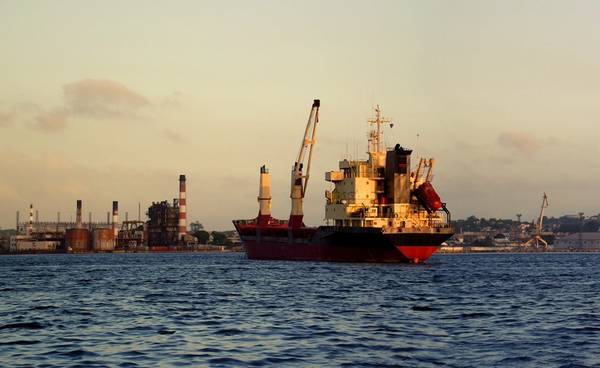What Do US/Cuba Sanction Changes Mean for Shipping?
By Luke Lane
March 15, 2017

© eyeframe / Adobe Stock
Luke Lane, Senior Claims Executive at UK P&I Club, advises on the easing of the ‘180 day rule’.
In October 2016 the U.S. Treasury, Office of Foreign Assets Control (OFAC) announced amendments to the Cuban Asset Control Regulations (CACR), which restrict the scope of the application of the “180 day rule,” by permitting ships to carry a wider range of cargos to be imported to Cuba from third countries without their being subject to the ‘180 day rule’.
Previously, under CACR (Cuban Asset Control Regulations) foreign (i.e. non-U.S.) ships that called at Cuban ports to load/discharge cargo, take on provisions and/or purchased other services were not allowed to enter a U.S. port to load and/or discharge cargo for 180 days after departing from Cuba.
This amendment allows for a greater number of goods to be imported to Cuba without the ship then being subject to the ‘180 day rule.’ Under the amendments, the rule will not apply to a foreign ship importing to Cuba, from a third country, any goods or commodities which would be designated as EAR99¹ under the EAR² or, which would be controlled on the Commerce Control List (“CCL”) solely for anti-terrorism reasons. The restrictions on the purchase of provisions and/or other services remain in place.
The process for assessing whether or not specific goods or commodities are classified as EAR99 is complex. When calling at Cuban ports to discharge cargo Members are advised to carefully examine whether or not cargos on their ships are classified EAR99 well in advance of any potential voyage. Where there is any doubt, Members are advised to contact suitable U.S. lawyers for further advice and guidance. The UK P&I Club can assist Members by recommending, and liaising with, U.S. lawyers on Members’ behalf.
¹ EAR99 covers any goods, commodities or technologies that are subject to the EAR but are not listed on the CCL. The ‘180 day rule’ no longer applies to ships discharging in Cuba goods which would fall under this category.
² U.S. Export Administration Regulations (“EAR”) are administrated by the U.S. Department of Commerce. They regulate the export of certain “dual-use” commercial goods and commodities which may have alternative military uses. Goods and commodities to which the EAR apply require export licenses and are listed on the Commerce Control List (“CCL”). The CCL is extensive and very wide ranging covering a large number of commodities as well as products/items across a large number of industries.




